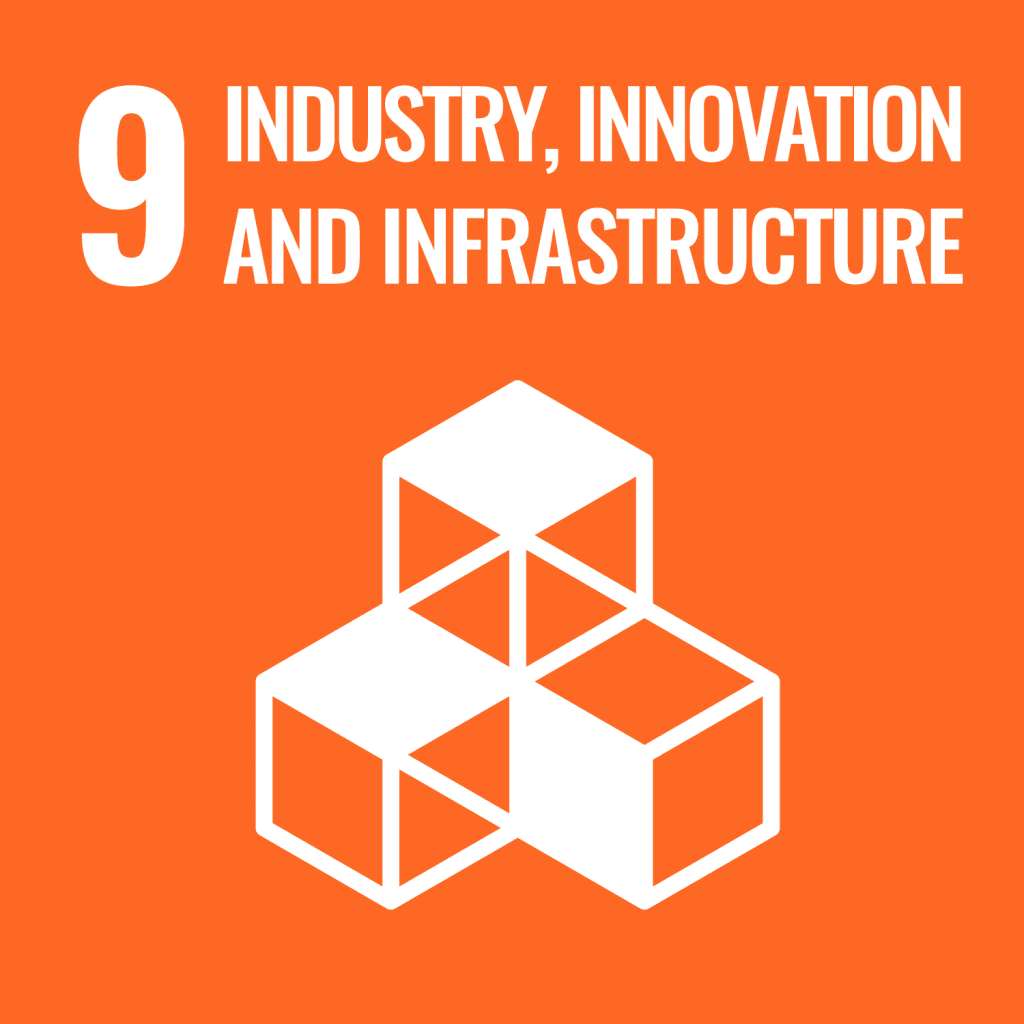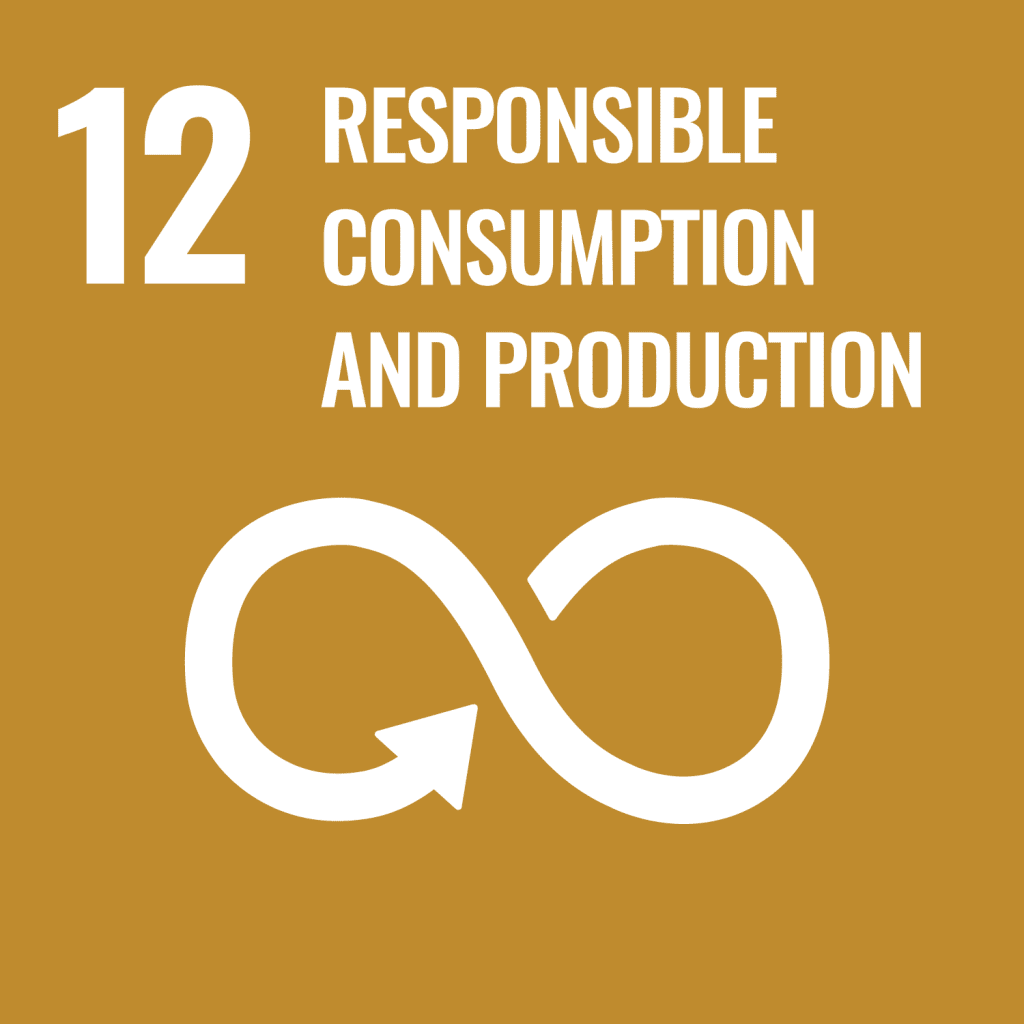Environment and climate
The most significant environmental impacts of the restaurant industry are related to the procurement of food and beverage products, energy consumption on restaurant locations, food waste and recycling of waste. To mitigate our climate and environmental impact we will make our procurement principles more sustainable and decrease the environmental load throughout our supply chain.
In late autumn 2023, we started a double materiality assessment in order to find out the impacts of our own operations on the environment, social and governance (ESG) matters and, how external ESG themes affect NoHo’s business. Based on the analysis completed in the spring 2024, we will specify the ESG impacts related to our operations and set the goals and metrics in accordance with the directive. During 2023, we mapped partners in order to calculate the carbon footprint, but we postponed the implementation to 2024, so that we can take into account the results of the double materiality assessment and perform the calculations directly in accordance with the ESRS reporting requirements.
GOALS
Sustainable procurement: Quality of food and ingredients, origin and traceability are important factors for our customers. We offer products that are made of high quality and safe ingredients. We try to consider environmentally friendly options in our procurements, from food ingredients to energy, equipment and detergents.
Mitigating environmental impact: Our restaurants in Finland mainly operate on rental premises and many of our leaseholders are providing environmentally friendly energy. Restaurant facilities covered by our own electricity contracts use stock exchange energy. These energy sources are distributed as follows (2022 data): nuclear power 29.7%, hydropower 18.3%, wind power 14.2% and solar power 0.5%. One of our most important sustainability goals is to reduce food waste more effectively. We follow existing laws and regulations when it comes to recycling and sorting waste but we want to do more. We are constantly looking for ways to adhere to circular economy principles with regard to materials.
OPERATING PRINCIPLES
Product and service development | Environmentally friendly solutions
ACTIONS 2022-2024
Procurement principles | Resource efficiency | Carbon footprint
KPIs
Following procurement principles | Reducing CO2 emissions | Share of green electricity | Minimizing food waste
SDG IMPACT


BUSINESS IMPACT
Growing competitive edge by following procurement principles
Saving costs by minimizing food waste
